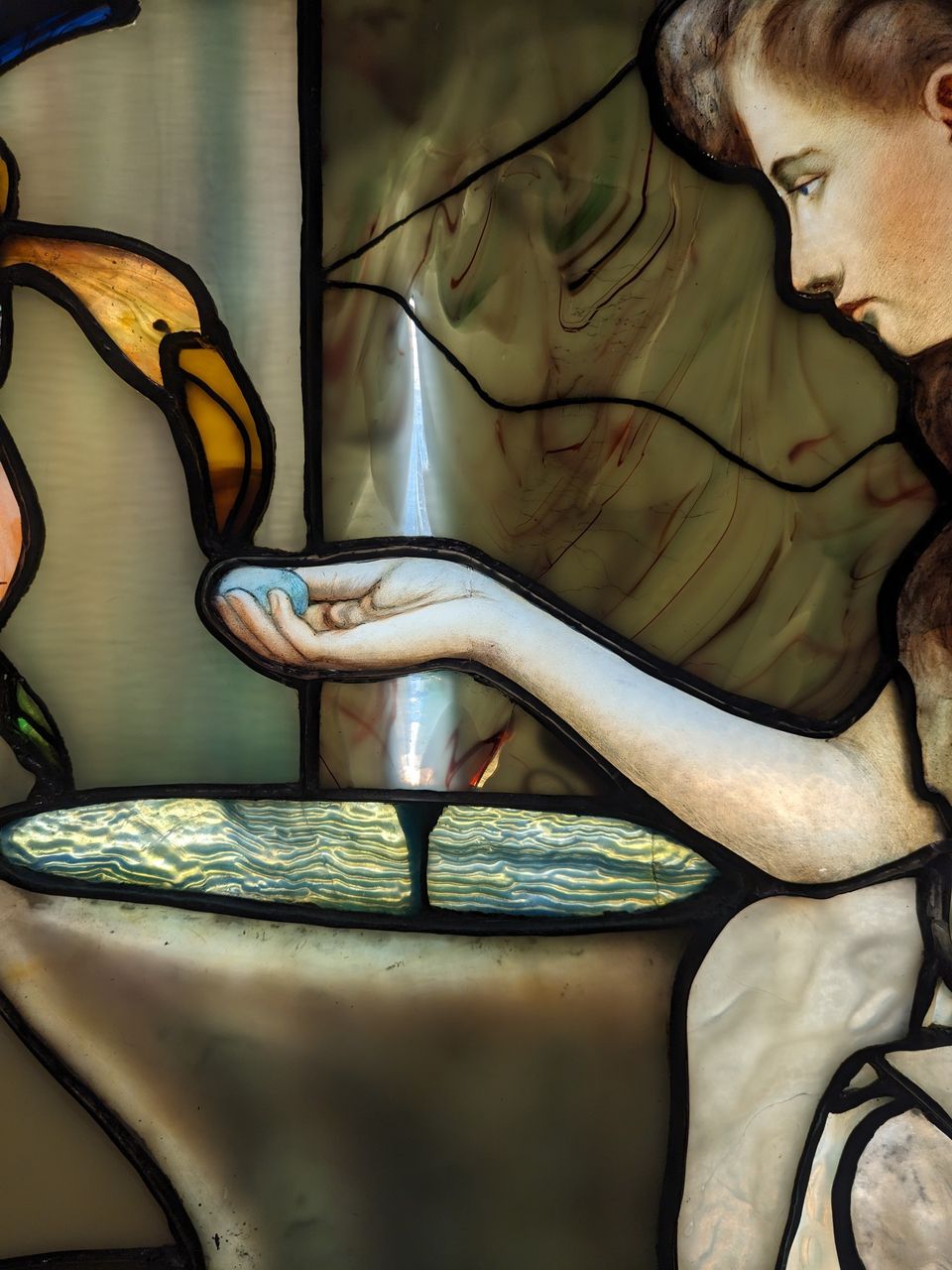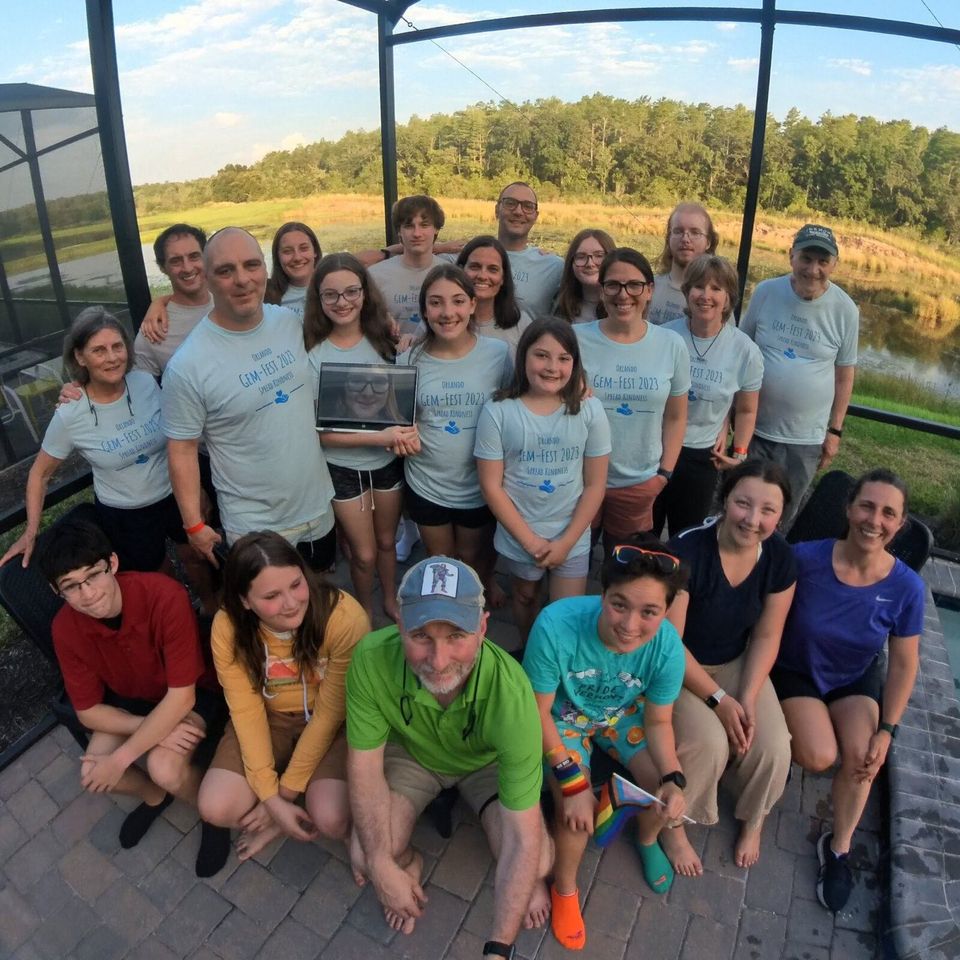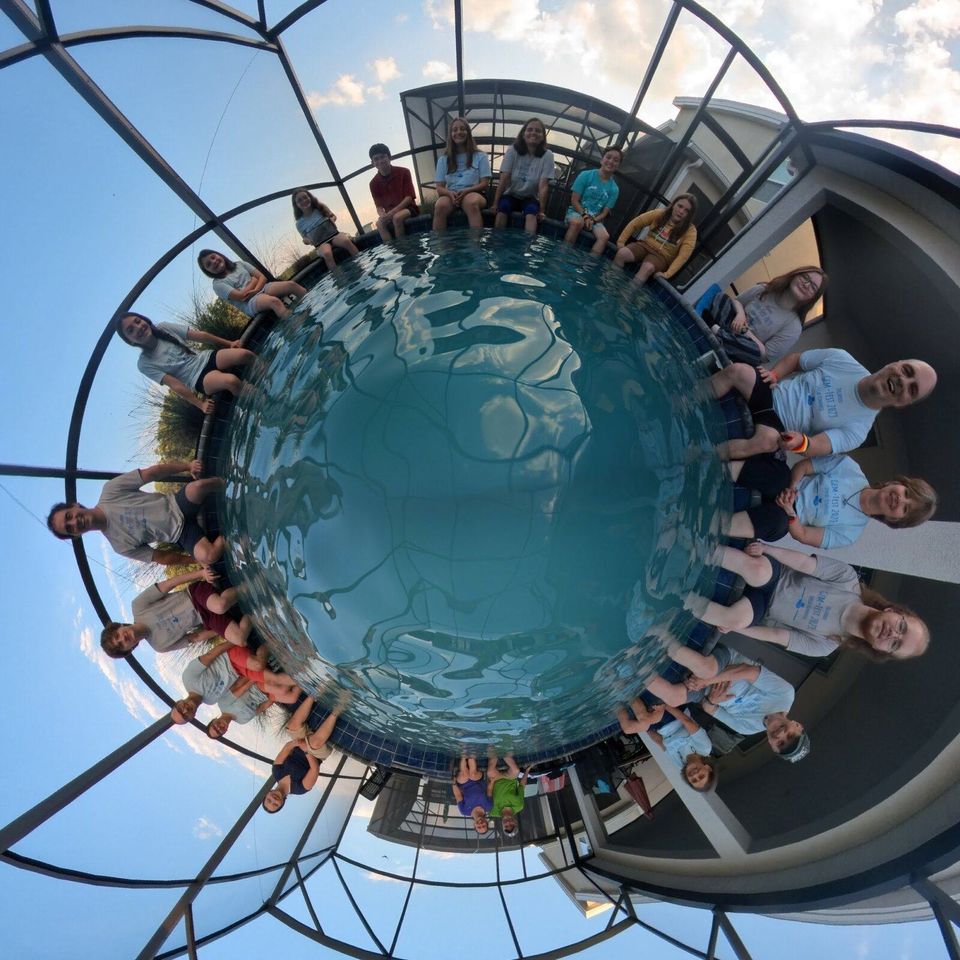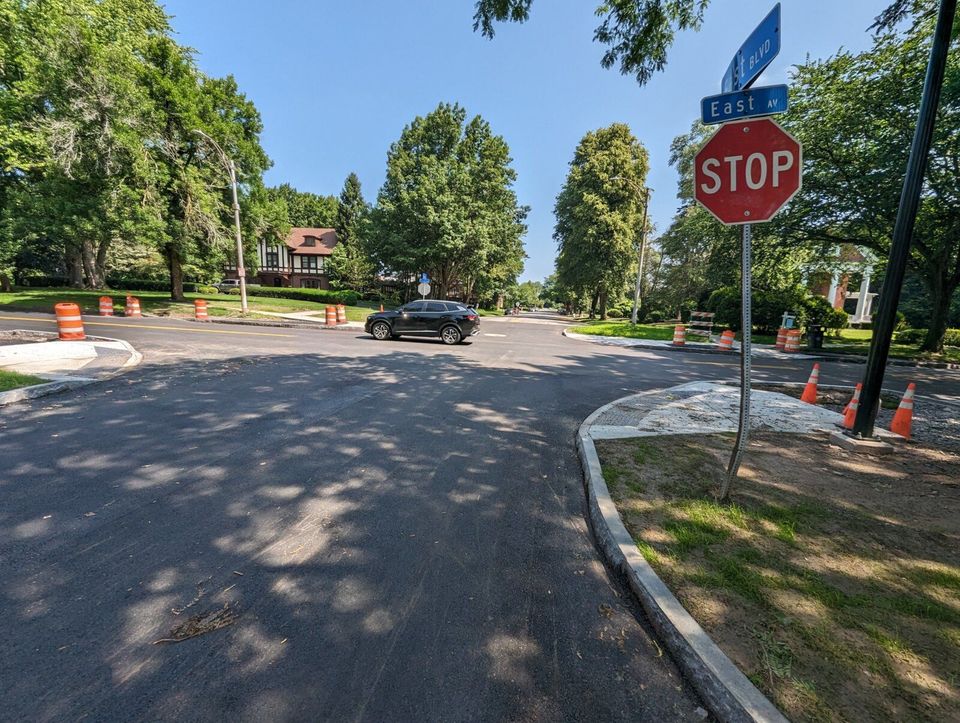Baby Memory
Noa has a rather disconcerting habit of replicating habits of mine as she is playing with her babies. She walks around, bouncing her babies, making the “ssssshhhh, sssshhhhh, sssshhhhh,” sound that was my trademark when all our babies were little. Today, she was using the “football hold” which we often used, though especially Buds, when trying all the usual soothing tactics didn’t work. She’s very careful to cradle baby heads as she dances them around our living room. She’s certainly seen people with other babies, but the “ssshhh, sssshhhh,” is not something I’ve heard other people do, although I’m sure they do.
It started me thinking about how much children remember, subconsciously, of their earliest years.
I came across this on the web, from here:
Just as memory can be divided up into the dual categories of ‘Short Term’ and ‘Long Term’, there are also two qualities of memory: ‘Explicit’ and ‘Implicit’. The capacity for ‘explicit’ memory reaches full maturity at around three years of age. This is the kind of memory that is conscious and enables us to tell a story that makes sense of what happened. ‘Implicit’ memory is available from birth or earlier, it is unconscious, and is encoded in emotional, sensory and visceral recall. In other words, what we don’t remember with our minds, we remember with our bodies, with our hearts and our ‘guts’ – with lasting implications for our thinking, feeling, and behaviour.
And:
There are occasions when implicit memory can be made explicit. Since implicit memory is ‘stored’ in the body, repeating certain movements, gestures, breathing patterns, or assuming certain postures associated with highly-charged emotional memories can bounce these memories into explicit, conscious awareness. It is as if the body releases its secrets to the mind. Many individuals have been able to retrieve traumatic memories, both from adult and infant experiences, when induced by strong emotions associated with the original experience. In certain states of consciousness, in psychotherapy or meditation, people have spontaneously recalled things that happened to them as babies. Many have remembered how it felt to be a baby, howling for a mother who would not come. In reconstructing a particular body posture, or talking about a similar emotionally charged event, the contextual memories of unbearable longing, rage or terror come back into focus. It is equally possible for sweet, joyous memories of a parents’ loving face to resurface. This phenomenon is called ‘state-dependent memory retrieval’, and while it is not essential, it can bring healing under certain conditions.
It is intriguing to me to think of Noa having stored, somewhere within her brain and cells and body, the loving, lovely memories of when she was an infant.
The flip side, though, then is that she also stores the deep “memory” of her first few days of life. My father died on Tuesday. Noa was born on Thursday. Twelve hours after she was born, we were at the funeral home for the hours of visitation by the hundreds of people who came to mourn my father with the family. The next afternoon, Friday, was the funeral. Thursday and Friday nights, from about 10 p.m. to 2 a.m., Noa screamed and sobbed and yelled in sorrow and anger and frustration. We had not had this happen with our previous two children, and it did not happen on Saturday night, nor did it ever happen with Noa again. I have long hypothesized that Noa was releasing the pent up emotions that she must have felt swirling around her, bombarding her in a way she could never comprehend. I remember Best Friend Saffy coming to the door of our bedroom in the Big Yellow House in the wee hours of Friday night/Saturday morning. Her family was staying with us after the funeral. She offered to take Noa downstairs for awhile, just to give us a break. Buds was pacing the floor with Noa in the carseat, swinging her around to try yet another way to soothe her.
I thanked Saffy, but told her we were okay. Shortly after, Noa fell into an exhausted sleep. Possibly the love flowing from Saffiywas enough to give her, at last, a break.




